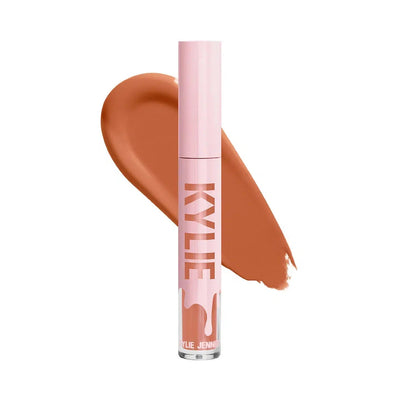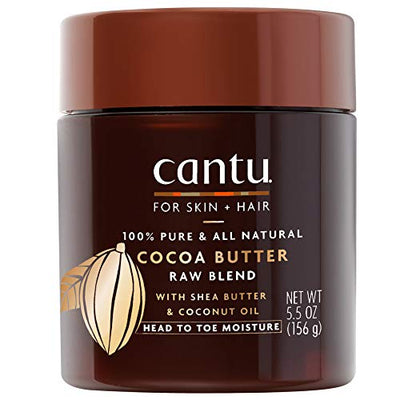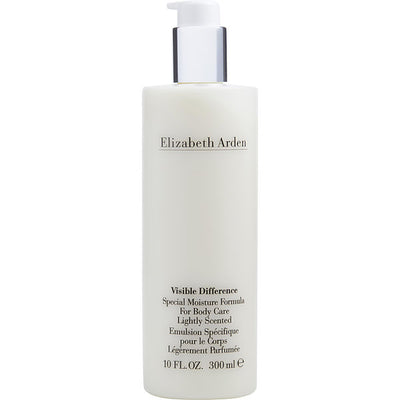Essential Oils for Hair Loss Control: A Comprehensive Guide
Are you tired of dealing with hair loss and searching for natural solutions to prevent it? Essential oils might be the answer you've been looking for. The use of essential oils in hair care has gained popularity for their potential in promoting hair health and reducing hair thinning. In this comprehensive guide, we'll explore the role of essential oils in hair loss control and provide you with valuable insights to help you on your journey to healthier, more vibrant hair.
Understanding Hair Thinnning Causes
Before delving into the world of essential oils, it's essential to understand the underlying causes of hair loss. Factors such as genetics, stress, poor hair care practices, and medical conditions can contribute to hair loss. While essential oils can be a valuable part of your hair care routine, addressing the root causes of hair loss is equally important for long-term results.
What Are Essential Oils?
Essential oils are highly concentrated extracts derived from various plants. They capture the plant's natural fragrance and beneficial properties. The extraction process involves steam distillation or cold pressing, resulting in potent oils with a wide range of therapeutic uses, including hair care. Using essential oils can help regrow hair and prevent further hair loss.
Essential Oils for Hair Loss Control
- Lavender Oil: Lavender oil is known for its calming scent, but it also boasts hair benefits. It can promote hair growth, reduce hair loss, and improve overall hair health. To use, mix a few drops of lavender oil with a carrier oil and massage it into your scalp.
- Rosemary Oil: Rosemary oil is celebrated for its ability to strengthen hair and enhance scalp circulation. This oil can help reduce hair loss and promote thicker, healthier locks. Blend a few drops of rosemary oil with a carrier oil and apply it to your scalp.
- Peppermint Oil: Peppermint oil's cooling sensation can invigorate your scalp and promote hair growth. It's an excellent choice for those looking to reduce hair loss. Dilute peppermint oil with a carrier oil and massage it into your scalp for best results.
- Tea Tree Oil: Tea tree oil has antifungal properties that can address scalp conditions contributing to hair thinnning and hair loss. It helps maintain a healthy scalp, reducing the risk of hair loss due to scalp issues. Dilute tea tree oil with a carrier oil and apply sparingly to the scalp.
Carrier Oils and Blending
Essential oils are highly concentrated and should be diluted with carrier oils before application. Carrier oils like coconut oil, jojoba oil, and almond oil not only dilute essential oils but also provide additional benefits to your hair. The ratio of essential oil to carrier oil depends on your hair type and the specific essential oil you're using. Start with a few drops of essential oil per tablespoon of carrier oil and adjust as needed.
Application Techniques
When applying essential oil treatments to your hair and scalp, you have several options:
- Scalp Massage: Gently massage the oil mixture into your scalp. This helps improve circulation and ensures even distribution.
- Hair Mask: Create a hair mask by applying the oil mixture to your hair from roots to ends. Leave it on for at least 30 minutes before shampooing.
- Leave-In Hair Treatment: For ongoing maintenance, mix a few drops of essential oil with a leave-in conditioner or hair serum and apply it to your hair after washing.
Essential oils have shown promise in promoting hair health and reducing hair loss. By understanding the benefits of specific essential oils and following safe application practices, you can harness the power of nature to achieve healthier, more resilient hair. Remember that essential oils are a complementary approach to hair loss control, and addressing underlying causes is crucial for effective, long-term results.











